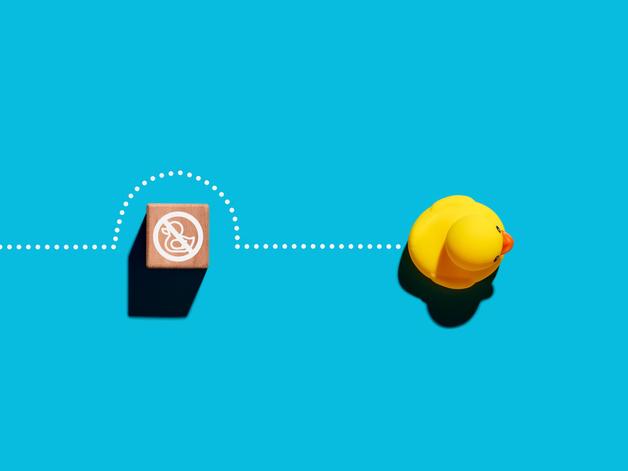
Failing your way to academic success
Stephen King’s first novel, Carrie, was rejected 30 times before a publisher finally accepted it. Albert Einstein was a very poor student who struggled academically but went on to become one of the most important figures in physics. As Einstein himself said, “failure is success in progress”. In an era that glorifies success and celebrates winners, it is perhaps worthwhile to take a more serious look at what failure means and what it can offer both students and educators.
Failure is understood as the inability to meet expectations and missing the target. It is often tied to our sense of self-worth and self-identity. The very word “failure” is frequently associated with negative human emotions such as guilt, frustration, shame and fear. We tend to avoid things that could lead to failure. They are embarrassing and painful to deal with. Therefore, failure can feel personal and destructive.
- How to use failure to build an academic career
- Good daily work habits for early career researchers
- Spotlight: how to progress in your academic career
Yet, failure is one of the most valuable resources for our growth and offers lessons that cannot be learned by any other means. As the Swiss psychologist Carl Jung said: “That which we need the most will be found where we least want to look.” Failure offers us a chance to explore our shortcomings, and points us in the direction of greater self-awareness. Failure is really growth in disguise.
One effective strategy to manage failure is to detach our subjective selves from an objective event and remind ourselves that failure is a learning opportunity to master mental tools and reinforce characteristics such as resilience, adaptability and humility. This is what failure is truly about: a positive feedback loop that nourishes personal development.
Helping students to understand failure
As educators, we can help students to reinterpret their relationship with failure. Failure should not be seen as a destructive end that offers nothing but misery; it should be understood as a lifelong learning process that needs to be embraced.
To help students make the most of this process, we can guide them to reframe failure as a tool, and knowing how to use this tool better is key to reshaping our relationship with failure.
Here are some strategies on how to fail better:
- Respond quickly. When failure occurs, evaluate the situation objectively and rationally. Then devise a plan to minimise the impact of the failure. Think of what to do next.
- Be clear and honest about what went wrong. Do not beat around the bush or sugarcoat failure. Do not blame others. Clearly identify the decisions and actions that led to failure, reflect upon them and learn from them for the future.
- Share the experience. Learning from failure is good, but teaching others from your failure is even better. Not only is it also a great way to practise humility, but also when we share with others, we distil more valuable learning experiences from failure.
- Embrace setbacks. Failure will attract comments and feedback from others, and some of them might not be pleasant to the ears. It is essential to resist the temptation to be defensive; instead embrace feedback with an open mind. It is a great chance to learn from your mistakes by seeing them from other people’s perspectives.
- Get back on track. Pick yourself up and get moving. Failure can be paralysing to many people, but that is the worst reaction to failure, and it is likely to attract more failure. The right response is to get back in the game more informed and better prepared.
- Reward failure. Reframe your relationship with failure and reward it. This sends the message loud and clear that failure is not a bad thing; rather, it needs to be rewarded. A failed person is a person on the road to greater self-discovery.
How failure helps ECRs
Not only students can benefit from failure; early career researchers can also learn greatly from it. For young scholars who have just started a career in academia, failure can be scary. They are worried about maintaining rapport with colleagues, fulfilling academic responsibilities and having research projects published. But we can learn to embrace failure and through it become a better and effective professional.
Leaders in higher education can also play a role in mentoring early career researchers; they can share their experiences and provide support and resources to young academics. The result will be a more tolerant and inclusive working environment.
Lastly, and perhaps most crucially, universities need to understand the importance of failure, to embrace and celebrate failure, to incorporate failure into organisational cultures and practices, and to encourage students and staff to fail bravely towards success.
Kelvin Yihang Zhang and Kim Yong Joong are both assistant professors in the Faculty of Hospitality and Tourism Management at the Macau University of Science and Technology.
If you found this interesting and want advice and insight from academics and university staff delivered direct to your inbox each week, sign up for the Campus newsletter.




